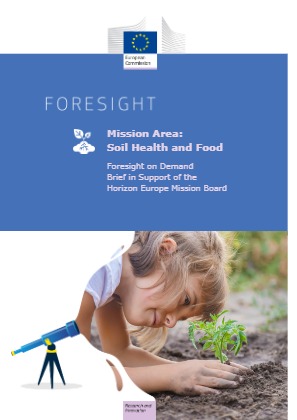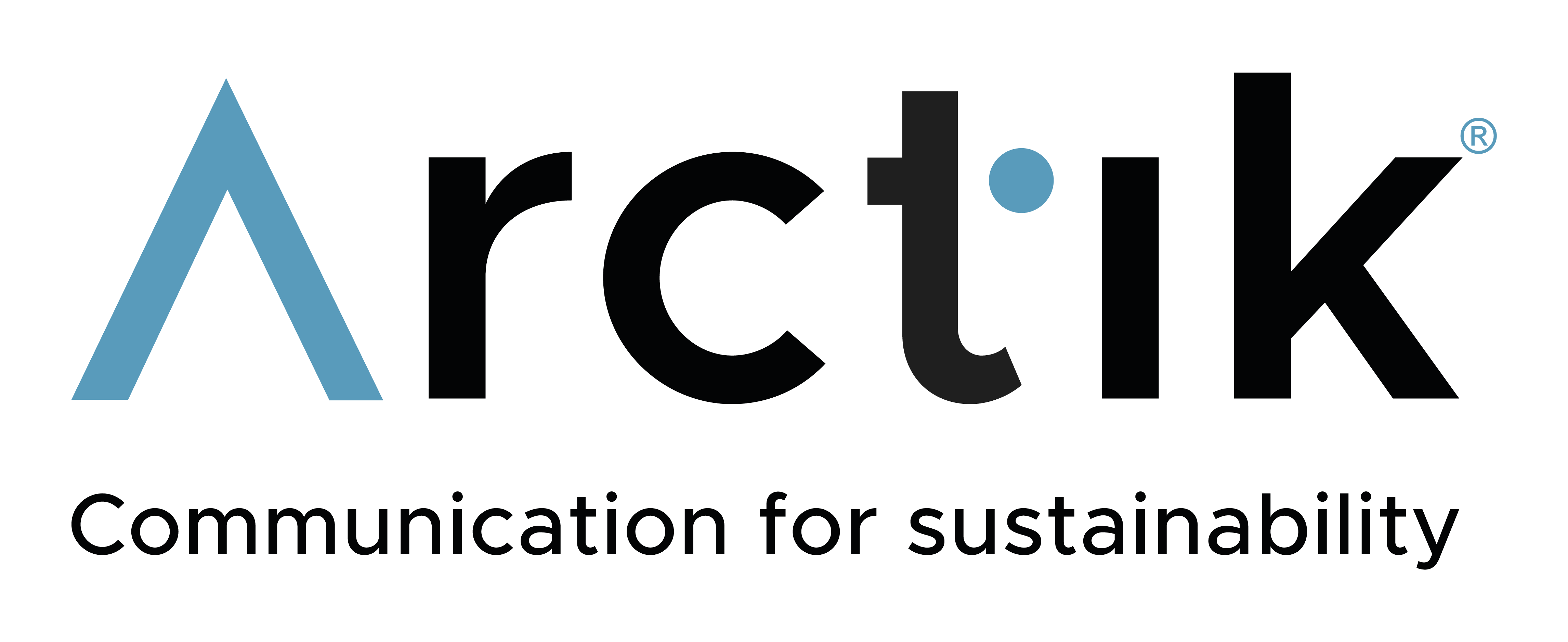Project
Successfully managing the green and digital transitions is a crucial factor that could increase the resilience and strategic autonomy of the EU and shape its future. Yet the digitalisation of agriculture and rural areas raises vital questions about winners and losers, costs, benefits, and long-term implications.
European Commission’s foresight project coordinated by EU Policy Lab together with the Department for Agriculture and Rural Development (AGRI) in 2023-2024 explored the interplay between digital transition, policies and the resilience of the agricultural sector and rural areas, against the backdrop of potential disruptive and transformative changes.
The digital transition will occur in a rapidly changing world faced with climate change, environmental degradation, geopolitical instability, shifting supply networks, and evolving consumer demand. This study's foresight scenarios suggest that digitalisation can catalyse transformation, aiding in coping with shocks, knowledge acquisition, community building, and system-related thinking. But at the same time, it can also reinforce inequalities and introduce rigidities. Therefore, digitalisation support should aim to create sustainable food systems and robust, connected, and prosperous rural areas and communities.
A sound digital transition strategy should promote agricultural and rural resilience, green transition, digital citizenship for farmers and communities, and overall well-being. Digitalisation should uphold values like trust, equality, power, sovereignty, and care. Its execution should prioritise collaboration, accessibility, people-centric design, and circularity. Key enablers for a successful digital transition include capacity building for digital skills, fostering a robust digital ecosystem, investing in infrastructure and connectivity, and securing sufficient funding.
Read the blog post to learn more about the project.
Science for Policy Report
Based on a participatory foresight process, the Digital transition: Long-term implications for EU farmers and rural communities - report presents the outcomes of this exploration, proposing building blocks for an effective EU digital transition strategy for agriculture and rural areas supported by a hands-on policymaker’s toolkit.
Toolkit
The toolkit can help decision makers engage in strategic conversations about the implications of digital transition for farmers and rural communities. The tookit includes questions and activities to inform a digital strategy for agriculture and rural areas.The toolkit can help to:
Uncover key issues to reflect on when building a digitalisation vision and strategy.
Engage stakeholders to develop or improve the existing digital strategy.
Increase your anticipatory capacity and future-proof your digital transition strategy.
Learn more and download the toolkit.
Interactive Vision Framework
The vision framework outlines the key elements that can support the digital transition of agriculture and rural areas.What is the purpose of digital transition from the perspectives of farmers and rural communities? Which values and principles should guide it? What are the enablers for the adoption and use of digital technologies? Explore the interactive Vision Framework



















